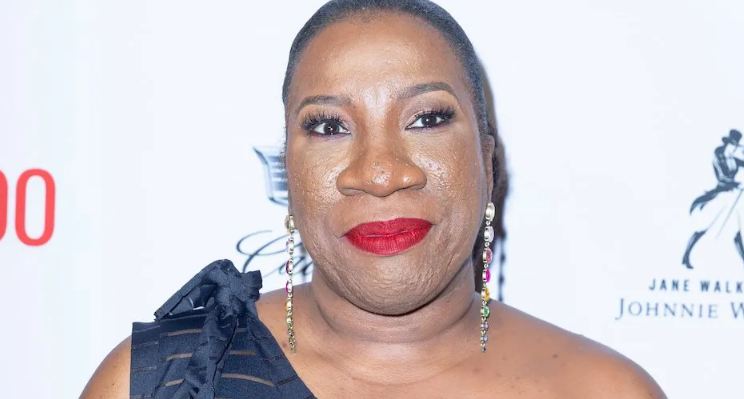How to contact Tarana Burke? Tarana Burke’s Contact Address, Email ID, Website, Phone Number, Fanmail Address
Hello friends! Are you a follower of Tarana Burke? Are you searching on google for How to contact Tarana Burke? What is Tarana Burke’s WhatsApp number, contact number, or email ID? What is Tarana Burke’s hometown and citizenship address? What is Tarana Burke’s Facebook, Twitter, or Instagram ID?
Do you have a question; how do I send a fan mail and autograph request to Tarana Burke? Please prepare a nice and well-explained autograph request letter. Don’t forget to use simple language and easy-to-understand sentences for quick understanding.
Find out all these things in our article below…
Today I will tell you about HOW TO CONTACT TARANA BURKE.
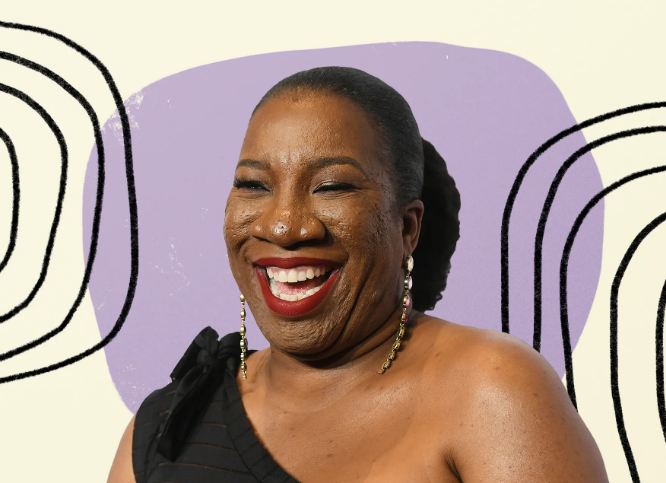
American activist and business entrepreneur Tarana Burke was born on September 12, 1973, in the Bronx, New York, United States. She is best known as the founder of the Me Too campaign, which was started in 2006 and aimed to support survivors of sexual abuse, particularly women of color. When Burke was a teenager, he participated in several initiatives that focused on social concerns such as racial discrimination and inequality in housing. She became a member of the 21st Century Youth Leadership Movement, an organization that focuses on the personal growth of young people, in the late 1980s.
After graduating from Alabama State University, Burke relocated to Selma, Alabama, where she remained employed in the 21st Century after beginning her career there. She spoke with African American women who had survived sexual assault while working for that group. Burke, who had also been a victim of sexual assault, decided to start offering support and guidance to other young women in a similar situation. In 2003, Burke helped establish Jendayi Aza, a program focused on Africa designed to support African American females as they transition into adulthood.
By 2006, the previous program had developed into the charitable foundation Just Be, Inc. It offers programs and training specifically geared toward improving the physical and mental health of young women of color. While speaking with a person who had survived sexual assault, Burke used the term “me too” for the first time during this period. She established a secure space for survivors of sexual assault to get together and talk about their experiences while spreading the message that “empowerment through empathy” is the way forward for the Me Too movement.
The movement grew to include leadership training for survivors so that they could offer programs and healing to the communities in which they lived. Beginning in 2017, the “Me Too” movement received much attention from the public. It was then that it became public knowledge that film mogul Harvey Weinstein had for years engaged in sexual harassment and assault of women working in the film business. By using the hashtag “#MeToo,” individuals who have been the targets of sexual harassment or assault in any part of the globe and of any color or ethnicity have begun to speak up about their experiences on social media.
The campaign gained momentum over the subsequent months, resulting in public censuring scores of influential men in politics, commerce, entertainment, and the news media. Even though Burke was heartened by the enormous attention being paid to the issue of sexual assault, she believed that the focus of the Me Too movement needed to be on survivors and how they might find recovery.
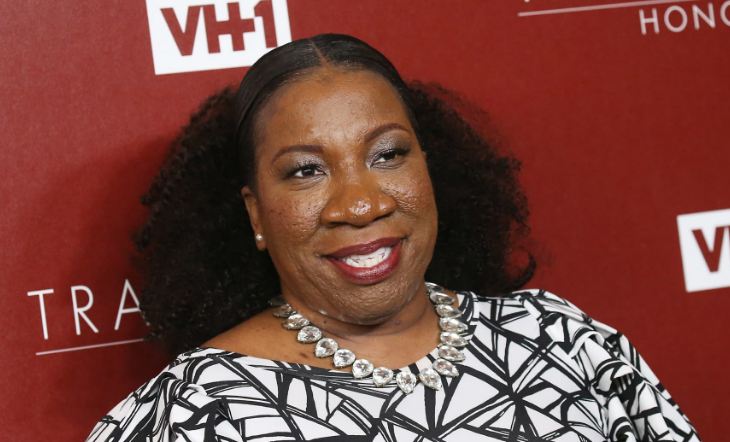
Meanwhile, Burke maintained his position as a community worker for several groups. She was promoted to managing director of Art Sanctuary, a Philadelphia-based arts organization. Additionally, she was an executive director of the Black Belt Arts and Cultural Center for some time. There, she handled the programs intended for adolescents who were not being serviced. In addition, Burke worked as the director of special projects at the National Voting Rights Museum and Institute in Selma, Alabama.
She assisted in organizing the Selma Bridge Crossing Jubilee, commemorating the 1965 Selma March for Voting Rights, and she subsequently served as a consultant for the film Selma (2014), directed by Ava DuVernay. After that, Burke was the director of the group Girls for Gender Equality in Brooklyn, located in New York. The group assists young African American women in developing their development abilities.
Burke was also an instructor for workshops on personal empowerment, and she co-edited the collection of essays titled You Are Your Best Thing: Vulnerability, Shame Resilience, and the Black Experience (2021) with Brené Brown. The year 2021 saw the publication of her autobiography, titled Unbound: My Story of Liberation and the Birth of the Me Too Movement.
This month marks the fifth anniversary of the beginning of the #MeToo campaign, which became a worldwide sensation after an explosive article published in The New York Times detailed sexual harassment charges against Harvey Weinstein, a prominent Hollywood executive.
But the campaign did not have its start with a tweet by the actress Alyssa Milano that went viral. In the message, she used the hashtag to bring attention to the widespread problem of sexual assault against women.
Tarana Burke, an activist who is also a victim of sexual assault, was the first person to use the phrase “Me Too” on social media more than a decade ago. Generally speaking, anniversaries are times for reflection, for taking stock of the work done and the work left undone. The #MeToo movement has seen both success and failure in the courts, the boardroom, and various organizations, including the government, sports, business, the media, and the entertainment industry.
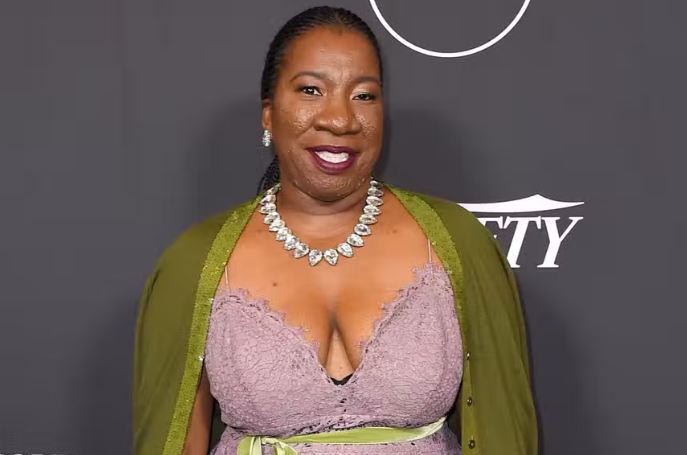
Weinstein was found guilty of assault and rape in 2020, and he is now in a courtroom facing his accusers for the second time. Burke said that even though she is far less often disregarded as the pioneer of the #MeToo movement than when the hashtag first went popular five years ago, it is still challenging to get people to speak openly about the confluence of race and sexual assault.
Tarana Burke, the pioneer of the #MeToo movement, presented the 42nd Tresolini Lecture on Wednesday, reflecting on her work with survivors of sexual abuse and the nearing fifth anniversary of when #MeToo went viral on social media, motivating people to share their tales of survival. Burke’s talk was part of the 42nd annual Tresolini Lecture Series at the University of Pennsylvania’s Annenberg School for Communication and Journalism. According to Burke, the last time she addressed a group was in 2017, when the #MeToo movement was garnering widespread attention.
At that time, she and the other organizers that she worked with had to put in a request to be included on the schedule. “the idea of being able to put this many people in a room to listen to me talk about the public health crisis that is sexual violence was the furthest thing from my mind,” she told those who had assembled in Baker Hall at Zoellner Arts Center. Before #MeToo went viral, she said, “The idea of being able to put this many people in a room to listen to me talk about the public health crisis that is sexual violence was the furthest thing from my mind.”
A youth worker who primarily works with children of color and people of color in general and a victim of sexual assault herself, Burke was the first person to use the term “Me Too” in 2006. Following the disclosures about film producer Harvey Weinstein in October 2017, actress Alyssa Milano tweeted that she asked those harassed or raped to share their experiences or simply respond, “me too.” The message caused the #MeToo hashtag to become famous.
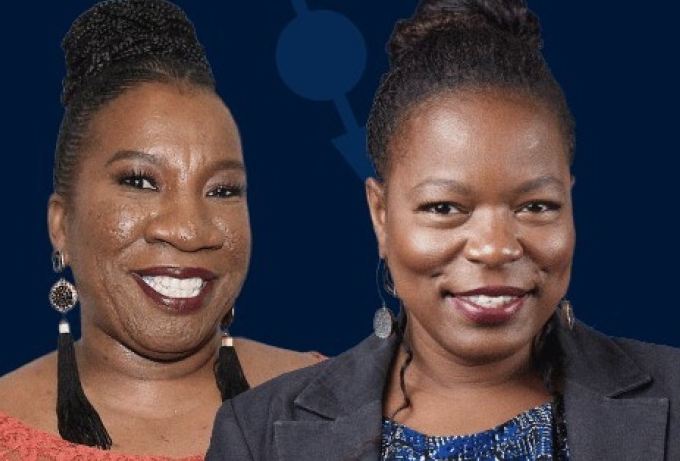
A youth worker who primarily works with children of color and people of color in general and a victim of sexual assault herself, Burke was the first person to use the term “Me Too” in 2006. Following the disclosures about film producer Harvey Weinstein in October 2017, actress Alyssa Milano tweeted that she asked those harassed or raped to share their experiences or simply respond, “me too.” The message caused the #MeToo hashtag to become famous.
On November 8th, a talk by Tarana Burke, the woman who started the “Me Too” campaign, was held in the Union Ballrooms and hosted by Club Downunder. This event was the most recent installment in the Golden Torch Lecture Series, and a professor from Florida State University named Dr. Chanta Haywood served as the host for this particular installment. Burke is a writer and an activist who has spent her whole life fighting for the rights of those who have survived sexual assault.
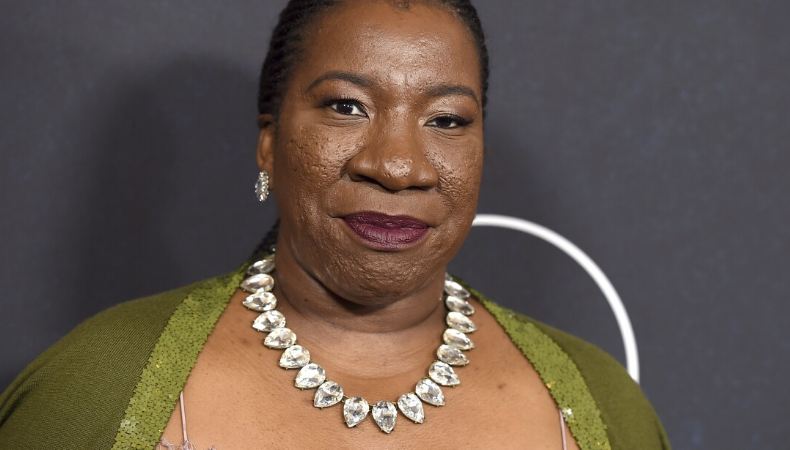
Tarana Burke Fan Mail address:
Tarana Burke,
The Bronx,
New York,
United States
Burke was driven to start the “Me Too” campaign as a result of her own experience as a victim of sexual abuse and her extensive work with other survivors. In the Lecture Series, Burke further discussed her path to activism. She was only fourteen when she realized she wanted to spend her life fighting for social justice. She could recognize injustice at a very early age since she had a lot of knowledge about the world and awareness around injustice, but she wasn’t quite sure what to do with all of that information.
Burke got active in the 21st Century Youth Leadership Movement, which educated and empowered young people to lead critical social movements into the 21st century and beyond. Burke explained how her participation in the 21st Century Youth Leadership Movement helped mold her into an activist and a leader throughout her time with the organization. During her presentation, Burke said that she is now working on her third book, which will be named “Revolutionary Grace.” Throughout her recovery journey, the book will chronicle how she handled difficult situations gracefully and compassion.
A widespread misunderstanding surrounds the origins of the “Me Too” movement, namely how and why it first got started. Burke explained how many people had the misconception that the campaign began on Myspace, whereas, in reality, it started at a middle school in Selma, Alabama. Burke pointed out that Selma is situated in Dallas County, which is not only one of the most impoverished counties in Alabama but also one of the poorest counties in the United States. As a result of these circumstances, the county’s efforts to combat sexual assault are significantly hampered by a lack of resources.
(2) Nickname: Tarana Burke
(3) Born: 12 September 1973 (age 49 years), The Bronx, New York, United States
(4) Father: Not Available
(5) Mother: Antoinette Burke
(6) Sister: Not Available
(7) Brother: Molland Burke
(8) Marital Status: Married
(9) Profession: Activist
(10) Birth Sign: Virgo
(11) Nationality: American
(12) Religion: Catholic
(13) Height: 5 feet 7 inches
(14) School: Not Available
(15) Highest Qualifications: Not Available
(16) Hobbies: Not Available
(17) Address: The Bronx, New York, United States
(18) Contact Number: Not Available
(19) Email ID: Not Available
(20) Facebook: Not Available
(21) Twitter: https://twitter.com/taranaburke
(22) Instagram: https://www.instagram.com/taranajaneen/
(23) Youtube Channel: https://www.youtube.com/c/TaranaBurke
Also Checkout: How to Contact Gloria Steinem: Phone Number, Contact, Whatsapp, Fanmail Address, Email ID, Website
